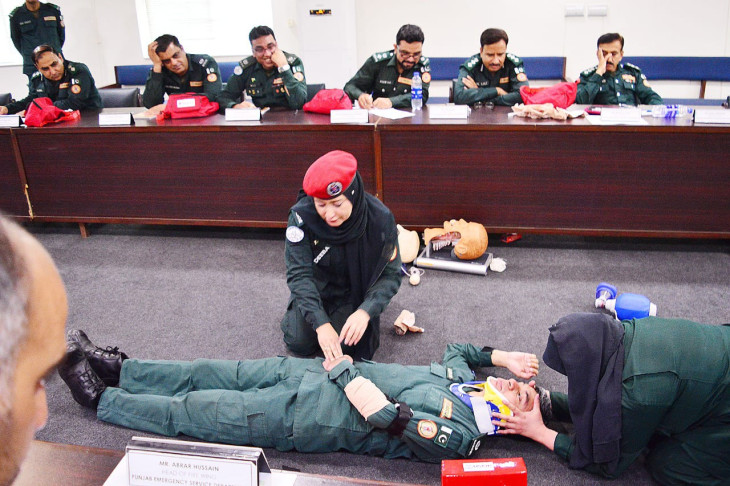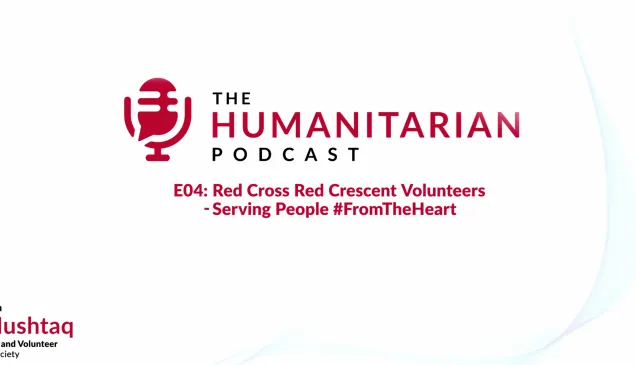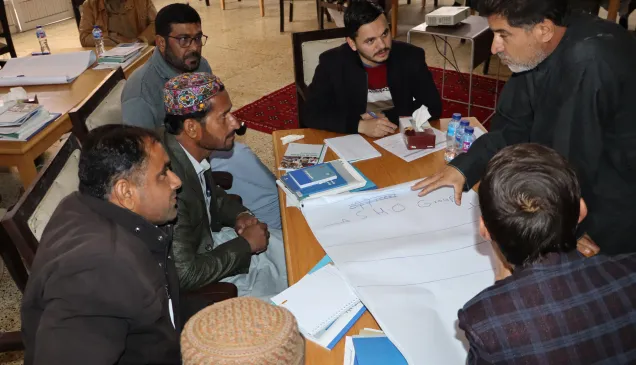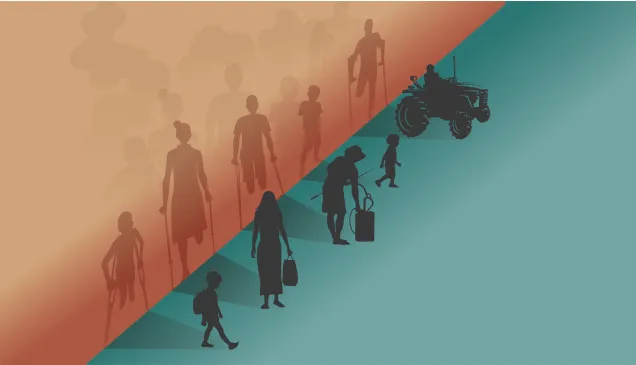Pakistan: 30 officers of Rescue 1122 join blast trauma course

Rescue operations entail a number of known and unknown risks. Therefore, it is imperative to equip emergency responders with the right technical and analytical skills along with protective equipment to mitigate unforeseen risks.
The International Committee of the Red Cross (ICRC) organized a three-day blast trauma course on 16–18 May at the Emergency Services Academy for 30 senior and mid-rank officers of the Punjab Emergency Service – Rescue 1122.
Launched in 2004 in Lahore as an ambulance service, Rescue 1122 now helps emergency victims across all districts of Punjab province through its ambulance, rescue and fire services and Community Emergency Response Teams. To date, Rescue 1122 has responded to more than three million road accidents, five million medical emergencies and a high volume of incidents relating to crime, fire emergencies and building collapse.
The training course emphasized safety measures and practices at three levels:
- Ensuring personal safety by using personal protective equipment (PPE) and risk analysis based on the nature of the incident.
- Ensuring the safety of the scene of incidence and assessing hazards and risks.
- Ensuring the safety of the patient from site of injury to medical facility by following standard assessment and transfer techniques.
In each response scenario, professor Adreas Wladis, the instructor, ensured that the participants understood the appropriate safety measures to undertake before engaging with the situation. A detailed session was also held on the different international safety practices while the participants shared their thoughts on local practices.

Commenting on the quality of emergency service education at the academy, Prof. Wladis said, "I am pleasantly surprised to see the officers' skills and impressed by their knowledge and abilities." The top scoring participants will be nominated for an advanced-level course facilitated by the ICRC in Pakistan.
As part of the training curriculum delivered internationally, a session was also dedicated to responding to snakebites. Traditionally useful for demining teams abroad, the session was initially excluded from the course. However, Deeba Shahnaz, head of Community Safety at Rescue 1122 and one of the participants, informed that they receive many animal control calls from nearby towns regarding snakes and would benefit from the session. Therefore, the training covered animal control techniques and useful tips and information on venomous and non-venomous snakes.
The training course was part of the ICRC's memorandum of understanding with the Punjab Emergency Service Department, aimed at strengthening the humanitarian work done by Rescue 1122 in disaster management, emergency response and the dignified recovery and identification of human remains among others.
For further reading:



